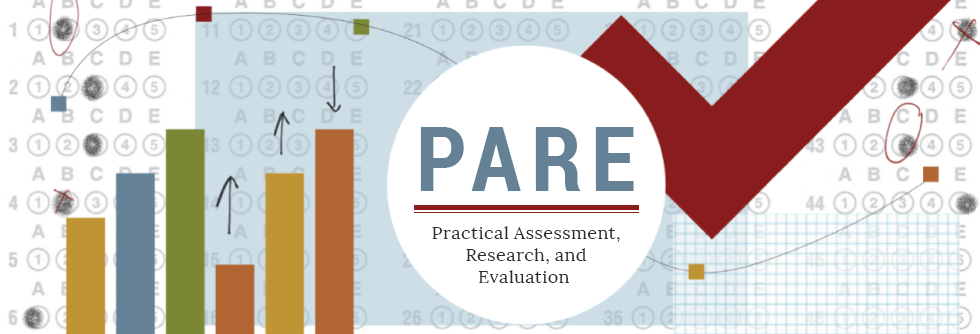Rough Set Theory (RST) Data Analysis with R and its Application on Studying Relative Significances of Self-Regulated Learning (SRL) Strategies of Gifted Students
DOI
https://doi.org/10.7275/8pak-e524
Abstract
Abstract
Rough set theory (RST) was proposed by Zdzistaw Pawlak (Pawlak,1982) as a methodology for data analysis using the notion of discernibility of objects based on their attribute values. The main advantage of using RST approach is that it does not need additional assumptions – like data distribution in statistical analysis. Besides, it provides efficient algorithms and tools for finding hidden patterns. Despite its advantages, the adoption of RST in educational research is still limited, which may be due to limited quality software available for RST. Recently, the RoughSets package in R statistical system has been developed (Riza et al., 2014), providing various utilities of the RST methods. In the paper, we will first describe the basic RST concepts and steps of data analysis under RST. We will then apply RST to a study, which aimed to determine the relative significance of various SRL strategies used by student participants, so as to illustrate the steps of data analysis using the RoughSets R package. From the illustration, it is expected that more researchers in the field of education will be encouraged to try RST methods in their own studies.
Keywords: rough set theory, discernibility, RoughSets R package, online learning, self-regulated learning strategies
Recommended Citation
Fung, Tze-ho and Li, Wing-yi
(2022)
"Rough Set Theory (RST) Data Analysis with R and its Application on Studying Relative Significances of Self-Regulated Learning (SRL) Strategies of Gifted Students,"
Practical Assessment, Research, and Evaluation: Vol. 27, Article 25.
DOI: https://doi.org/10.7275/8pak-e524
Available at:
https://scholarworks.umass.edu/pare/vol27/iss1/25
